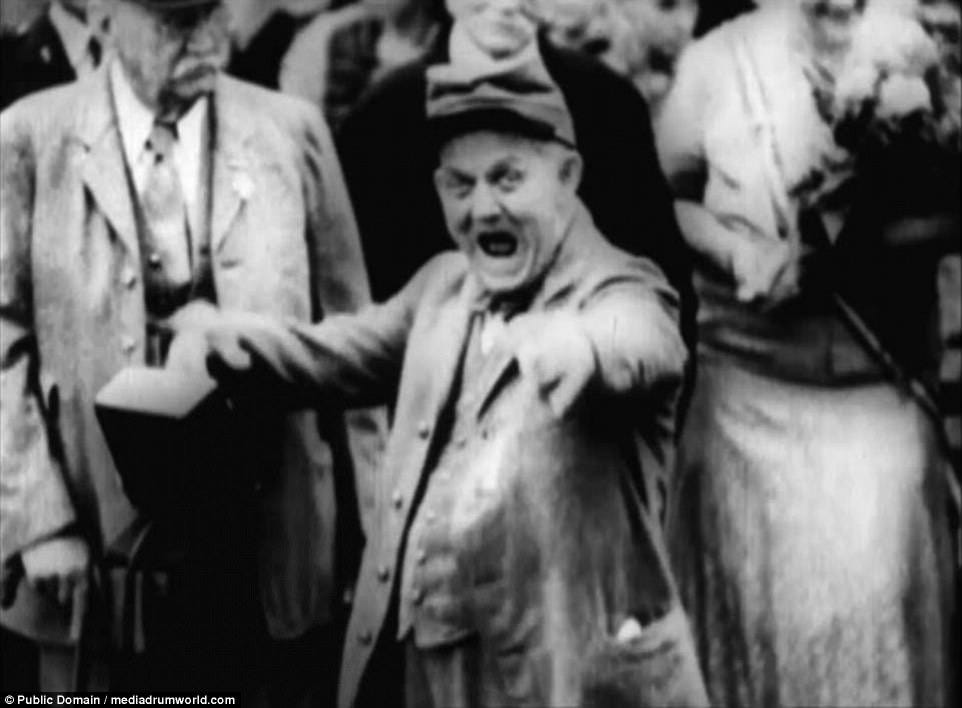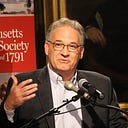I used to believe that I could make a meaningful difference on social media. I believed that my blog along with a presence on Twitter could serve as platforms to combat misinformation concerning the history of the Civil War era. I justified the time spent and emotional cost of engaging certain individuals and groups as an extension of my work in the classroom.
It was easy to fall into this trap. My blog was very popular. I had close to 50k followers on Twitter before it imploded under Elon Musk’s management. My work online led to media appearances and opportunities to write op-eds for some of the most popular newspapers and magazines around the country.
My focus on combating the myth of the Black Confederate soldier culminated in the publication of my book Searching for Black Confederates: The Civil War’s Most Persistent Myth five years ago this week, which continues to do well.
I’ve made some wonderful connections with teachers, students, and people around the country and the world, who share my deep interest in American history. It has all been time well spent, but I no longer believe that my work has made any noticeable impact on the historical content of social media.
That’s not the fault of the users of social media, but a misconception on my part about how these platforms function and how and why they are used.
What prompted these thoughts is a piece that was published at The Atlantic earlier this week by Arash Azizi titled “The Dangerous Rise of the Podcast Historians.” In it Azizi focused on Tucker Carlson’s decision to welcome Darryl Cooper as a guest on his popular podcast to discuss Nazi Germany and the Holocaust. Carlson described Cooper to his audience as one of the “most important popular historian working in the United States today.”
In the 140-minute-long conversation that ensued, Cooper made the case that Winston Churchill was the ‘chief villain’ of the Second World War and was most responsible for ‘war becoming what it did.’ Cooper clarified in tweets following the episode that Adolf Hitler had desperately wanted peace with Britain and had even been ready to ‘work with the other powers to reach an acceptable solution to the Jewish problem./ On the show itself, Cooper claimed that Nazi concentration camps were born of a humanitarian impulse to prevent suffering, because prisoners of war were too numerous to feed, so it was ‘more humane to just finish them off quickly./
And who is Darryl Cooper?
The way Carlson introduced the man he said he was a ‘fan of’ was instructive in this respect. To those who closely follow the work of historians, Cooper’s is not a familiar name. I was initially embarrassed not to know it. After all, I received a Ph.D. in history from an American university a year ago. How did I not know an alleged contender for the title of the country’s ‘best’ historian?
A quick search cleared things up. Cooper isn’t actually a historian in any conventional sense. He has published no books and barely any major articles in the popular or academic press. He doesn’t appear to have ever conducted original historical research. Before he appeared on Carlson’s show, there was no Wikipedia article about him, which suggests that even his internet fame was limited to certain corners.
According to Azizi, Cooper’s popularity was built entirely on his online presence, including a Substack newsletter with more than 100,000 subscribers.
The article is a bit of a slog to get through because overall there is nothing new here. Misinformation on the Internet and especially on social media platforms has been rampant now for years. Cooper is just the latest pseudo-historian to come down the pike.
With apparently very little appreciation of the public-facing work that historians have done in recent years, the author calls for historians to do a better job of engaging the public.
After all, millions more people scroll online platforms than read any book written by even the most popular of historians. But pseudo-history has an unfortunate home-field advantage on social media, given its penchant for clickbait sensationalism and feeding on the worst impulses of audiences.
Historians must therefore be honest about the strategic limits of beating podcasters and TikTokers at their own game. The alternative is to restore the place of reading—and therefore the primacy of real scholarship—in American education. Doing so would require academics to leave their narrow cocoons and boldly engage the public and its narrative wars. For decades, scholars in the humanities have tended to put little effort into writing for the public or trying to speak to crowds beyond their immediate surroundings. The metrics used for promotion and recruitment seldom value such outreach, and so professors have little incentive to undertake it. What’s more, engaging the public means stepping outside the academic community’s comfortable world of self-affirming truisms and exposing one’s ideas to public challenge.
Let me be clear that I am not suggesting that historians should not use social media to reach a wider audience, but I do think it’s time to move beyond this crusade mentality. There are plenty of people that are willing to engage in fruitful dialog online and it is these people that I continue to seek out and engage.
But beyond that, we need to realize that the front lines of the war on misinformation is not the social media platforms themselves. They represent the end result of a failure to invest in education and programs to teach students how to approach these tools with a healthy skepticism and critical thinking. Anything short of a major investment in our students and their ability to navigate this cesspool of misinformation is a lost cause.
That’s the former educator in me talking, but it comes from a long history of teaching digital media literacy skills and critical thinking skills.
It also, however, points to my many years of engaging people online going back to 2005, when I first started blogging. As much as I believe that there are opportunities to engage people in a productie way, I venture to guess that the vast majority of people use social media as a form of self validation. They seek out those communities and individuals that reinforce their political and cultural world views. There is little room left for any serious historical reflection.
There are just as many, if not more, YouTube videos, Facebook posts, tweets, and TikTok videos about mythical Black Confederates as there were before my book came out. There is nothing I can do about this online or anywhere else. Azizi is right in noting that the algorithms of these sites favor sensationalism and misinformation.
I no longer see the few social media platforms that I use as fields of competition. I am not interested in “beating podcasters and TikTokers at their own game.” What I have the power to do is practice the skills that I’ve learned over the years and share the knowledge that I’ve accumulated with those relatively few people who are interested and engage with me in good faith.
That’s more than enough.






Keep on keepin’ on - you have made more of a difference than you realize.
I agree with Suzanne; keep on keeping on. I think she is correct you have made more of a difference than you may realize. I think I may have said this before, I heard Steve Ambrose once describe history as story telling. I think it is but the story teller has an obligation to be accurate. You are accurate in your stories. Unfortunately not every one is, and calling out people like the guy you referred to in your post is, in my. opinion, a professional obligation.